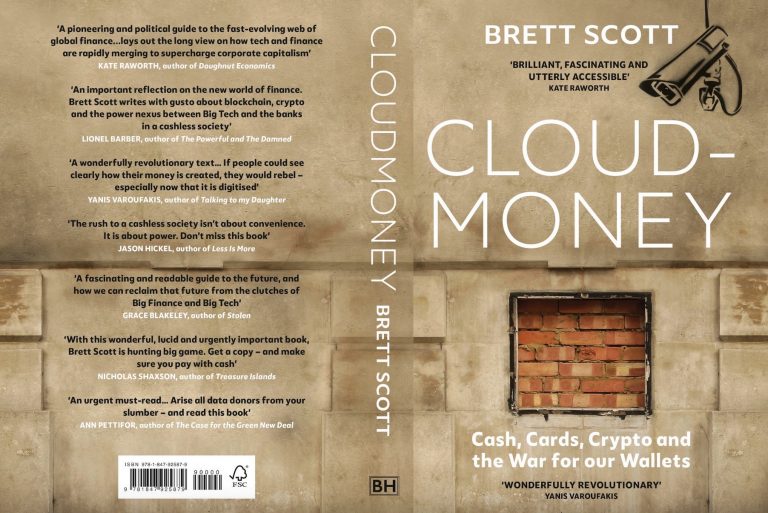
In Cloudmoney, Brett Scott tells an urgent and revelatory story about how the fusion of Big Finance and Big Tech requires “cloudmoney”—digital money underpinned by the banking sector—to replace physical cash.
Book is also available in German, Spanish, Dutch, Italian, Portuguese & Korean
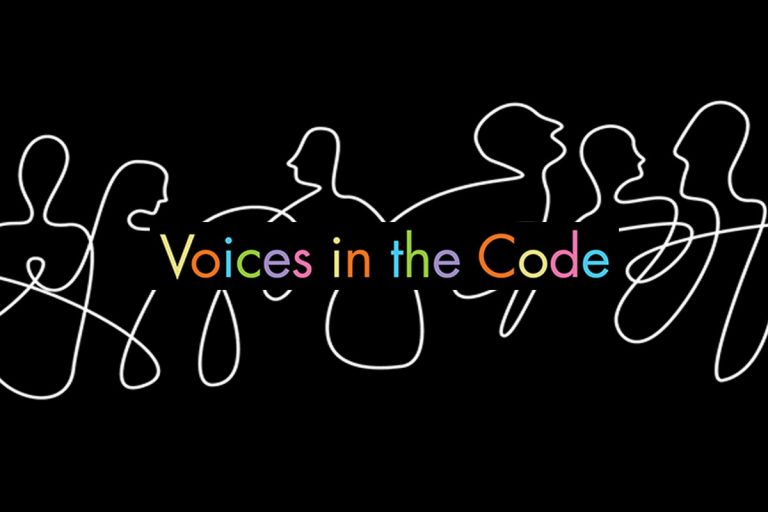
In Voices in the Code, scholar David G. Robinson tells the story of how one community built a life-and-death algorithm in a relatively inclusive, accountable way, and draws out lessons for the broader struggle to build technology in a democratic way.

PepsiCo’s award-winning chief design officer reveals the secret to creating life-changing innovations: putting human needs at the center of any design process.

Political and Social Conflicts in Participatory Design Thinking

These are guidelines for any individual or organisation interested in designing, planning, and implementing a citizen participation process. The guidelines walk the reader through ten practical steps, and detail eight different methods that can be used to involve citizens in policy making. This publication is illustrated with good practice examples.

This book explores the application of service design to urban commons, focusing on the Reggio Emilia Ducal Palace in Italy.

How can freedom and democracy survive in a world of powerful digital technologies?

The first book to take an interdisciplinary and international approach to understanding how our everyday lives are being affected by automated decision-making.

Emerging Technologies / Life at the Edge of the Future invites us to think forward from our present moment of planetary, public and everyday crisis, through the prism of emerging technologies.

This book advances the practice and theory of design ethnography. It presents a methodologically adventurous and conceptually robust approach to interventional and ethical research design, practice and engagement.
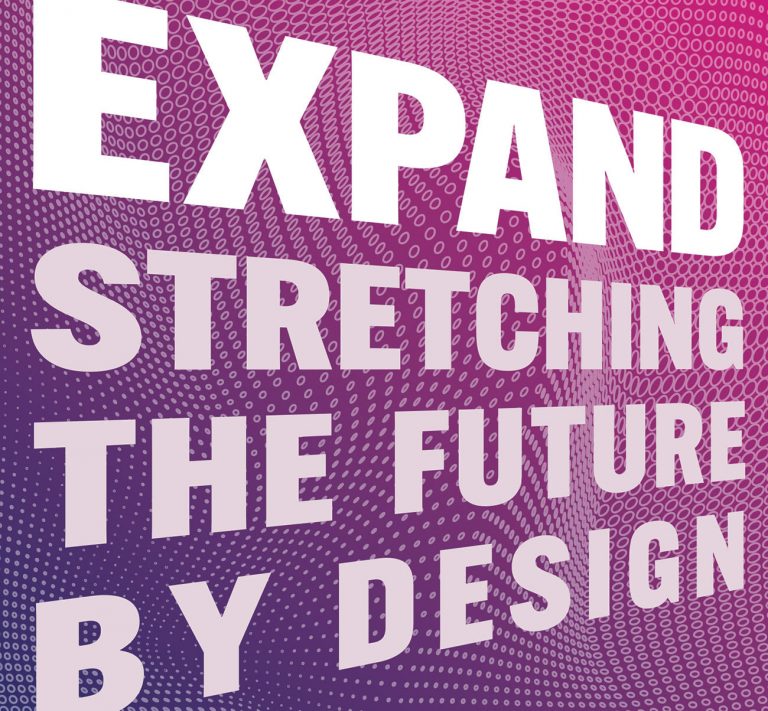
From transforming the ways we do business and reimagining health care, to creating planet-restoring housing and humanizing our digital lives in an age of AI, Expand explores how expansive thinking across six key areas—time, proximity, value, life, dimensions, and sectors—can provide radical, useful solutions to a whole host of current problems around the globe.
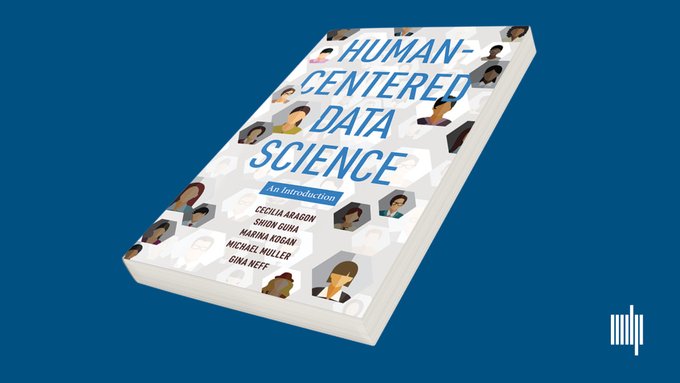
Best practices for addressing the bias and inequality that may result from the automated collection, analysis, and distribution of large datasets.

The definitive introduction to the behavioral insights approach, which applies evidence about human behavior to practical problems.
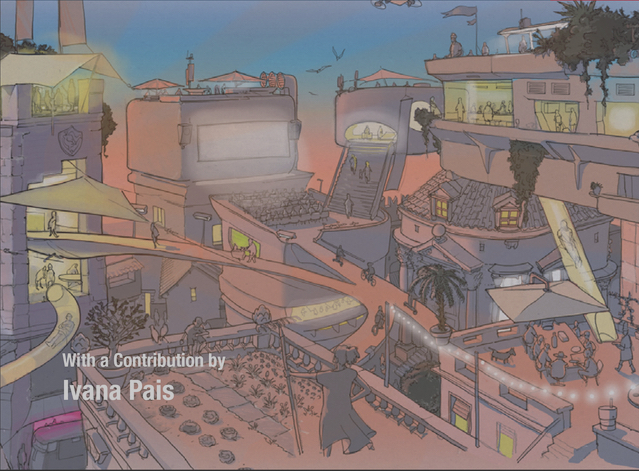
Ezio Manzini's ideas for the city that cares.
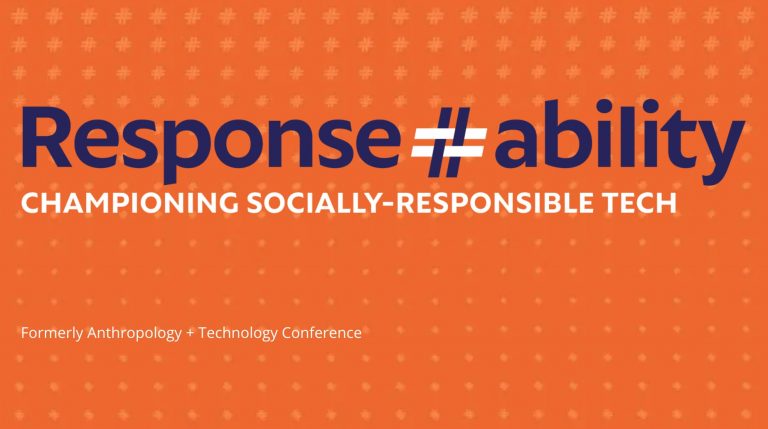
The Response-ability Summit, formerly known as the Anthropology + Technology Conference, is a unique two-day event that brings social scientists and technologists together to foster interdisciplinary conversations on the important topic of socially-responsible tech.

In Human-Centered AI, Professor Ben Shneiderman offers an optimistic realist's guide to how artificial intelligence can be used to augment and enhance humans' lives.

A vivid look at China’s shifting place in the global political economy of technology production by ethnographer Silvia M. Lindtner
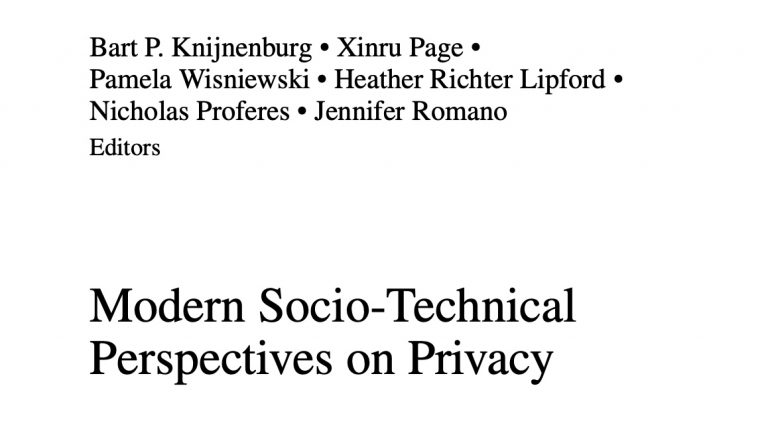
Provides a foundational understanding of technical and social aspects related to online privacy
Covers modern application areas as well as underexplored issues (e.g., privacy accessibility, cross-cultural privacy)
Includes a dedicated part on forward-looking approaches to privacy that move beyond one-size-fits-all solutions.

An inside view of the experimental practices of cognitive psychology—and their influence on the addictive nature of social media

A bold reassessment of "smart cities" that reveals what is lost when we conceive of our urban spaces as computers.




















